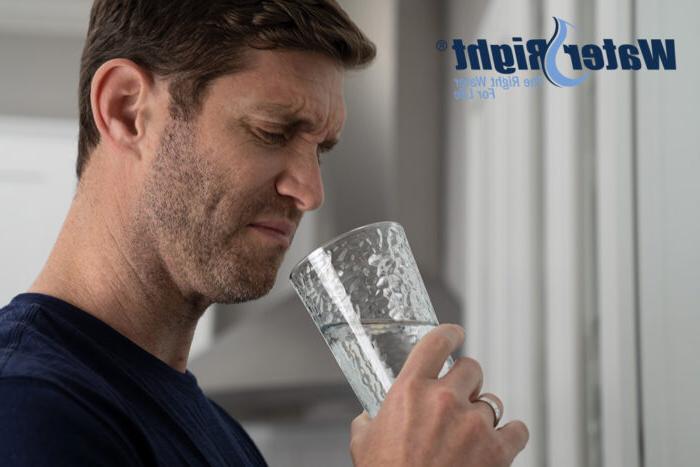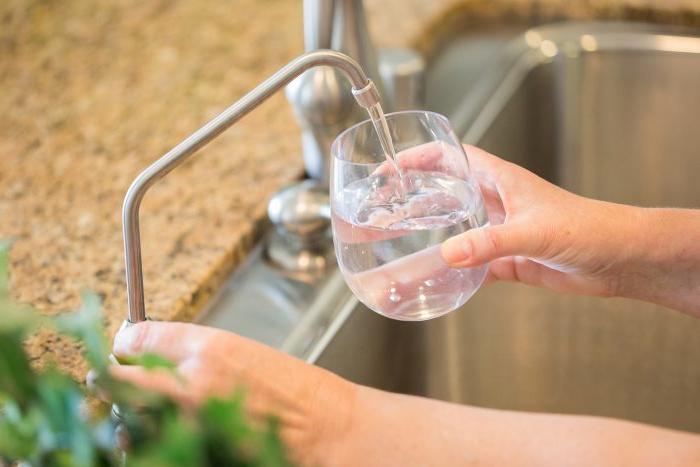There’s a growing sense of distrust over the nation’s water supply. Stories like the water crisis in Flint, Michigan are extreme, but it leaves many homeowners wondering, “Is my water safe enough?”
America’s water infrastructure is overdue for repair. According to the American Society of Civil Engineers’ 2021 U.S. infrastructure report card, the US gets a grade of C- for its drinking water systems.
Interest in Home Water Filters is Growing
Some homeowners are worried. How old are my city’s pipes? Is my water utility being honest? They say it’s safe, but does it meet MY standards?
Others simply don’t like the taste or the additives in their municipal water supply. Chlorine is a common complaint. Sure, the water is safe – but it doesn’t taste good! And still others don’t want added fluoride in their water supply.
Of course millions of homeowners have their own wells. While many well owners are lax about water testing, they still have a general understanding that they should be monitoring their well water safety.
All that adds up to a growing interest – and market – in water filters for home use. People want clean water from their taps. And they know that the water from their well or municipal supplier might not meet the standards they want and expect.
Which Water Filter Should I Recommend?
The first step is to visit the customer’s home and conduct a water test. Talk to them about their problems and concerns. Do they like the taste of their water? Is anyone in the family suffering from dry, itchy skin? Are they seeing gritty scaly buildup on their showerheads or other fixtures?
Recommending water filtration begins with understanding the problem. Water-Right provides comprehensive training and education to help build your skills in this area. Plus, we’re always just a phone call away. You tell us what problems the homeowner is having, and we can help you design the most efficient, effective system to meet their needs.
Water Filters: An Added Layer of Home Safety
You know your local fire fighters are on call, ready to help your family in case of an emergency. But you don’t rely on them for total protection, right? Most households have additional safeguards in place, such as smoke detectors, fire alarms, and fire extinguishers.
For homeowners on city water supply, water filtration works the same way! It’s an added layer of security they can add right inside their own home.
For homes on city water, water filters can address:
- Chlorine and other disinfection chemicals used to treat the water supply
- Short-term spikes in lead which can occur when water lines are damaged during construction or disturbed for repairs
- Bacteria or other contaminants that can enter the water supply through cracks or holes in underground pipes
- Corroding metals from a homeowner’s own in-home plumbing
For homes on well water, water filters can address:
- Naturally occurring contaminants in the groundwater
- Pollutants and runoff from nearby farms or commercial activity
- Corroding metals from in-home plumbing
Point of Use Water Filters
POU (point of use) water treatment systems are located at the final stage of the water line. They filter water right where the homeowner wants to use it.
Filtration pitchers: Also known as “gravity filters,” these work as water falls through a simple carbon filter. Pitcher filters are slow and don’t produce much water at a time. Plus the capabilities of these granulated carbon filters are limited. They mostly filter out chlorine (taste and odor), but they typically can’t remove lead, asbestos, bacteria, or viruses.
Faucet and In-line filters: Some homeowners have refrigerators with built-in filtration and water dispensers. Others have faucet-mounted filters. These filters may still be the right choice for some people. However, problems with these systems include frequent filter changes, bulky space issues, and aesthetics (style and appearance). These filters are also best for taste and odor issues rather than water safety issues.
Reverse osmosis (RO): These systems work by forcing water through an ultrafine, semipermeable membrane. Only water molecules get through, while other contaminants are collected and flushed away. An RO system has pre-filtration stages before the specialized membrane. An RO unit is typically installed under the sink, or in the basement, and has a storage tank that holds treated water so it’s ready for on-demand use.
Like any other kind of water treatment system, RO systems do need filter changes and maintenance. This includes periodic replacement of system filters (once or twice a year) and the membrane (approximately once every three years).
Ultraviolet: Not a filter but a disinfection option — UV systems use light to deactivate pathogens so they can’t grow and reproduce.
Whole Home Water Filters
Whole home water filters, also called “point of entry” systems, provide a way to get clean, filtered water throughout the entire home. Whole home water filters are plumbed directly into the home water line, and are typically installed in basements or garages, as space is available.
When you install a whole home filtration system, the customer gets fresh, filtered water throughout their home. Recommend this option when the customer wants filtered water throughout the kitchen, bathrooms, and anywhere they draw water. No matter which tap they use, it’s all the same high-quality water.
Learn more about how Water-Right supports its partners [link to “types of water treatment – why choose Water-Right]. And talk to us about adding water treatment solutions to your business.
Recent Contractor Resources

Which Water Filter is Best for Your Customer’s Home

7 Ways Adding Water Treatment Solutions Benefits Your Business



